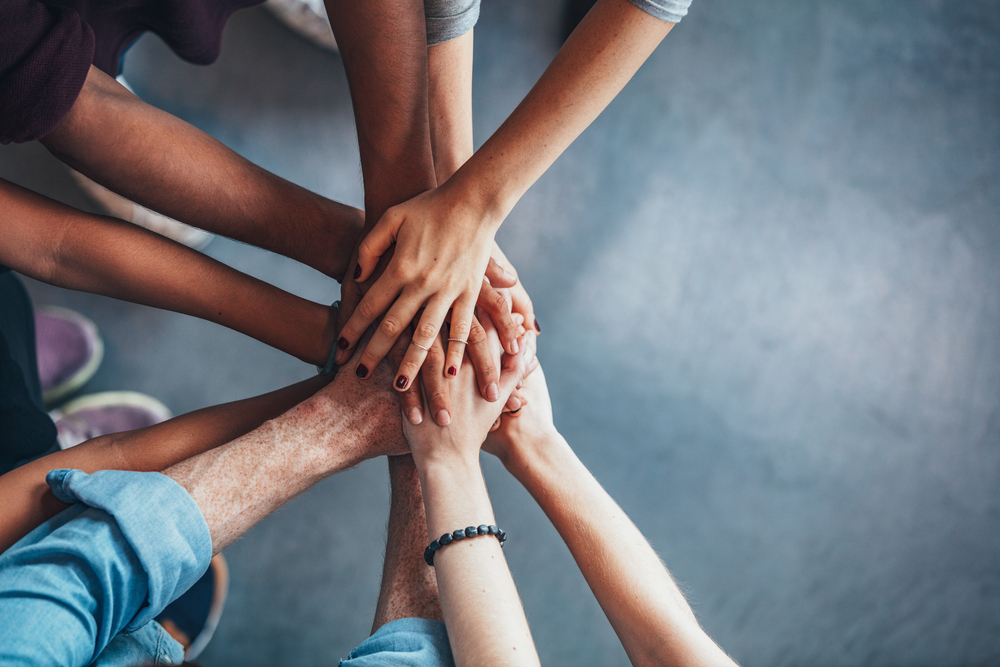The digital age has ushered in a new era of social consciousness, where awareness campaigns spread across platforms within hours and hashtag movements gain millions of participants overnight. Yet beneath this surge of online engagement lies a more complex reality: genuine social progress demands far more than viral posts and symbolic gestures.
Authentic allyship emerges not from momentary displays of solidarity but through sustained commitment to redistributing power and creating tangible opportunities for marginalized voices. This distinction between performative support and meaningful action has become increasingly critical as communities nationwide grapple with persistent inequalities across racial, economic and social lines.
Understanding privilege as a tool for change
The conversation around privilege often triggers defensive responses, but effective allies approach this concept differently. Rather than viewing privilege as a source of guilt, they recognize it as social capital that can be strategically deployed to benefit others.
This perspective shift transforms privilege from a burden into a responsibility. When individuals acknowledge their advantages — whether through race, class, education or professional networks — they gain the ability to leverage these benefits on behalf of those without similar access.
Research from nonprofit organizations and academic institutions consistently demonstrates that systemic change occurs most rapidly when those with institutional power actively work to dismantle barriers. This process requires allies to move beyond awareness toward concrete action.
Practical steps toward meaningful impact
Effective allyship begins with internal work. Self-examination reveals unconscious biases that influence daily decisions, from hiring practices to social interactions. This ongoing process of reflection must be coupled with independent education about the experiences of marginalized communities.
Professional environments present significant opportunities for allied action. Organizations benefit when employees advocate for inclusive hiring practices, challenge discriminatory policies and create mentorship opportunities for underrepresented colleagues. These efforts extend beyond human resources initiatives to encompass everyday workplace culture.
Financial decisions also reflect values. Supporting businesses owned by people from marginalized communities creates economic opportunities while building community wealth. This conscious consumerism, when practiced consistently across communities, generates measurable economic impact.
Active listening becomes crucial when receiving feedback about problematic behaviors or statements. Defensive reactions undermine trust, while genuine receptiveness to criticism fosters stronger relationships and personal growth. This skill proves particularly valuable in professional settings where power dynamics can silence important voices.
Transforming workplace culture
Corporate America has embraced diversity training programs, but lasting change requires systemic transformation rather than educational sessions alone. Meaningful workplace allyship involves identifying and removing structural barriers that prevent advancement for marginalized employees.
This work includes examining promotion criteria, evaluating performance review processes and analyzing compensation structures for bias. Allies in leadership positions hold particular responsibility for implementing policies that create equitable opportunities.
Mentorship programs represent another avenue for impact. When established professionals share knowledge, networks and opportunities with underrepresented colleagues, they help level playing fields that have historically favored certain groups.
Building authentic community connections
Genuine allyship develops through relationship-building rather than transactional interactions. These connections must be rooted in mutual respect and shared goals rather than charity or virtue signaling.
Community engagement takes many forms, from attending local events to participating in policy advocacy. The key lies in following the leadership of marginalized communities rather than attempting to direct change efforts.
Educational initiatives targeting younger generations plant seeds for long-term transformation. When children learn about diversity, inclusion and equity through direct exposure to different perspectives and experiences, they develop more nuanced understanding of social dynamics.
Addressing systemic challenges
Individual actions, while important, must be complemented by efforts to change institutional structures. Understanding how systems of oppression function enables allies to identify leverage points for broader transformation.
Policy advocacy at local and national levels addresses root causes of inequality. This work requires sustained engagement with political processes and collaboration with organizations led by marginalized communities.
Safe spaces for difficult conversations about discrimination and inequality become essential for progress. Allies help create and maintain these environments where honest dialogue can occur without fear of retaliation or dismissal.
Measuring progress and maintaining accountability
Good intentions cannot substitute for measurable outcomes. Effective allies regularly assess the impact of their actions and remain open to course corrections based on community feedback.
Accountability involves acknowledging mistakes, learning from criticism and making necessary changes to approaches that prove ineffective. This process builds trust with marginalized communities and demonstrates genuine commitment to growth.
The journey toward meaningful allyship requires continuous learning and adaptation. Social understanding evolves, and allies must remain flexible in their approaches while maintaining consistent commitment to equity and justice.
Long-term social transformation depends on sustained effort rather than sporadic engagement. By focusing on specific, achievable changes within their spheres of influence, allies contribute to building more equitable communities for all residents.
Every action, no matter how small, contributes to larger patterns of change. When multiplied across communities and sustained over time, these individual commitments create the foundation for lasting social progress.















